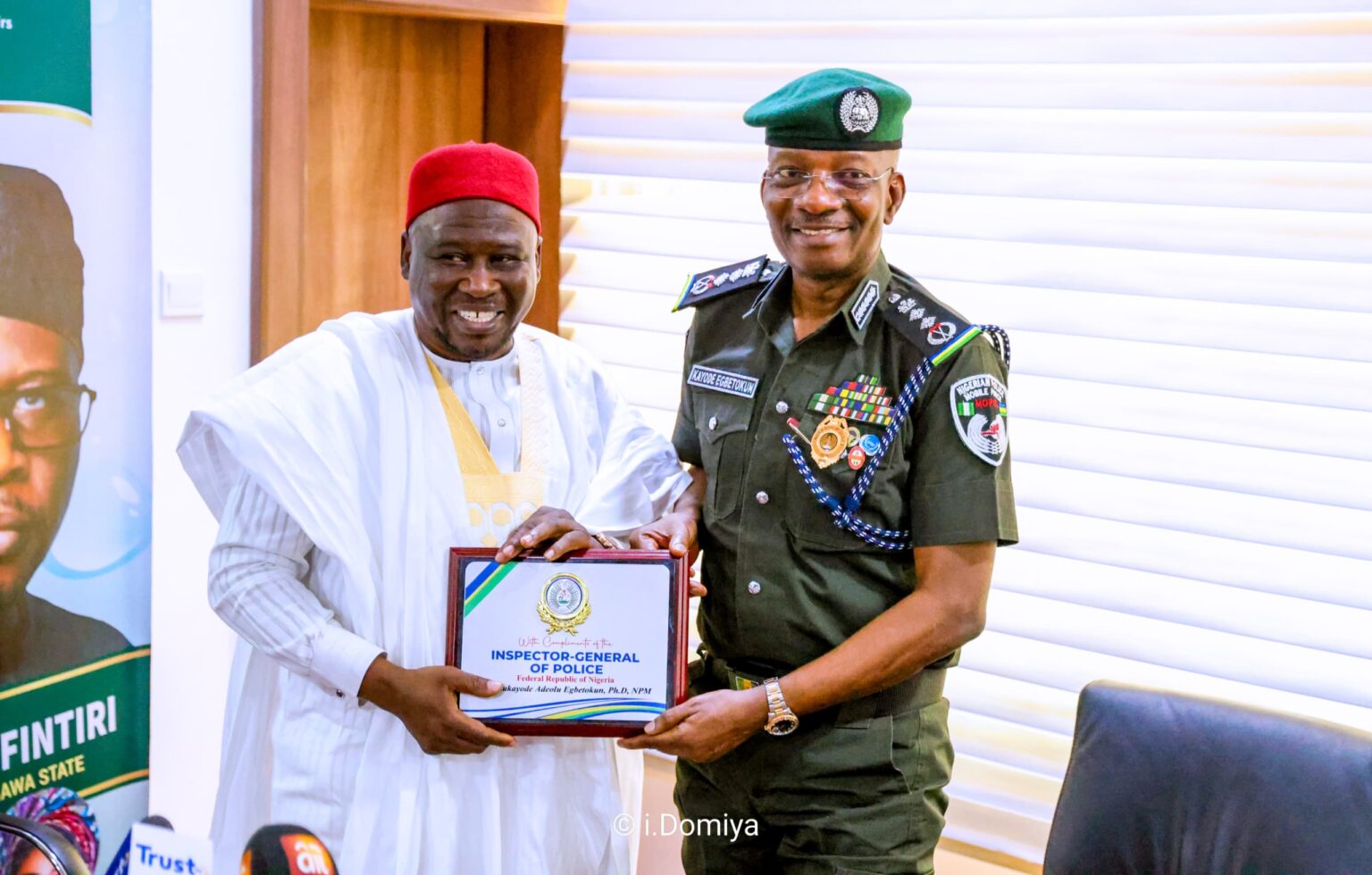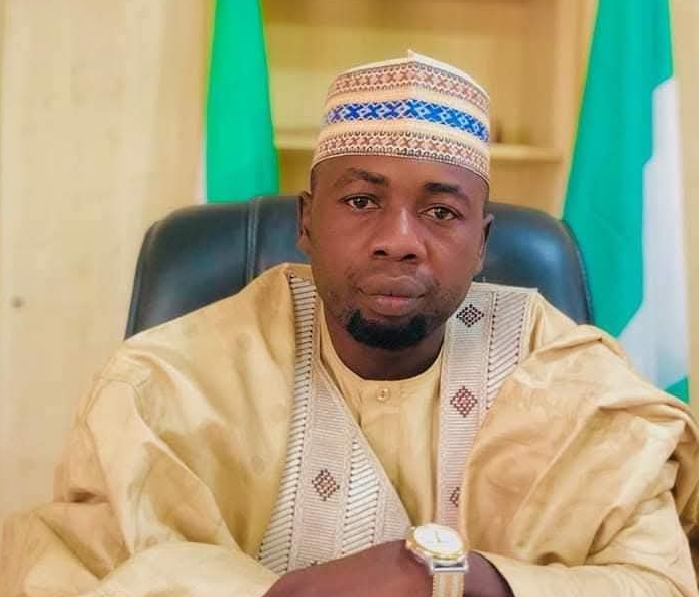
The political turmoil in Rivers State reached a critical juncture on March 18, 2025, when President Bola Ahmed Tinubu declared a state of emergency in the state, citing escalating political tensions and recent vandalization of pipelines.
This drastic move has triggered an intense constitutional debate, particularly following the Nigerian Bar Association’s (NBA) strong condemnation of the President’s purported suspension of the Governor, Deputy Governor, and the Rivers State House of Assembly members.
The NBA, through its President, Afam Osigwe, SAN, has raised serious legal and constitutional concerns, asserting that the suspension or removal of democratically elected officials under the guise of emergency rule is unconstitutional.
The association argues that Section 305 of the 1999 Constitution, which governs the declaration of a state of emergency, does not empower the President to unilaterally remove elected officials.
Instead, it outlines stringent conditions that must be met, including war, invasion, public disorder beyond control, or a natural disaster—none of which appear to be applicable in Rivers State’s current situation.
Constitutional Violations and the NBA’s Stance
Section 305(3) of the Constitution stipulates the specific conditions under which a state of emergency can be declared.
These include external aggression, an imminent threat of war, a severe breakdown of law and order, a natural calamity, or any other public danger threatening the federation.
However, the NBA contends that the ongoing political disagreements and legislative conflicts in Rivers State, while tense, do not amount to a total breakdown of public order warranting such extreme measures.
Furthermore, the Constitution clearly outlines the due process for the removal of a governor and deputy governor under Section 188, requiring impeachment proceedings by the state legislature.
The dissolution of the state legislature itself follows a constitutional and electoral framework, none of which appear to have been followed in this case.
The NBA warns that such executive overreach not only undermines Nigeria’s federal structure but sets a dangerous precedent where state governments can be arbitrarily dissolved without due process.
Legislative Approval and Democratic Safeguards
Another significant legal issue raised by the NBA is the requirement for legislative ratification of any state of emergency within two days if the National Assembly is in session, or within ten days if it is not.
Without such approval, the emergency rule remains ineffective.
The NBA, therefore, calls on the National Assembly to reject any unconstitutional attempt to validate the removal of Rivers State’s elected officials, emphasizing that governance must be based on legal principles, not political expediency.
Broader Implications for Democracy
The implications of this decision extend far beyond Rivers State. The NBA warns that allowing a precedent where a President can unilaterally remove state officials under emergency rule endangers Nigeria’s democracy and could become a tool for political suppression in the future.
In its strongly worded statement, the NBA:
- Affirms that the President lacks constitutional authority to suspend or remove an elected governor, deputy governor, or legislators under emergency rule.
- Urges the National Assembly to reject any unconstitutional move to remove elected officials in Rivers State.
- Warns against setting a dangerous precedent that could erode democratic governance nationwide.
- Calls on the judiciary, civil society, and international observers to ensure Nigeria’s democracy is not undermined.
The Path Forward
The unfolding events in Rivers State present a critical test for Nigeria’s democratic resilience.
As the debate continues, the country watches closely to see whether constitutional principles will prevail or if political expediency will take precedence.
The NBA remains steadfast in its commitment to upholding the rule of law, urging all relevant stakeholders to act within constitutional limits.
Nigeria’s democracy, they argue, must be protected at all costs, and the rule of law must remain the guiding principle in resolving political disputes.







